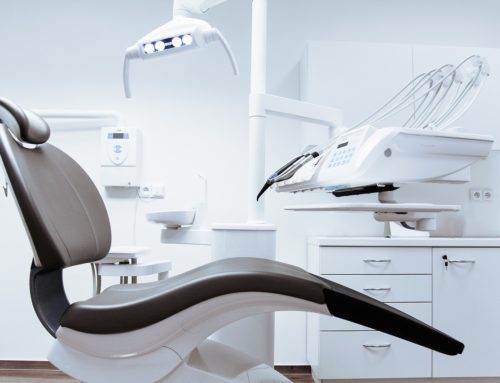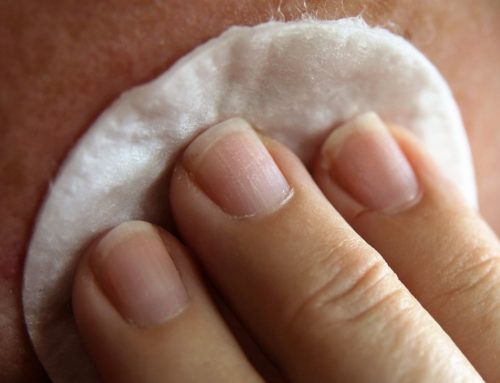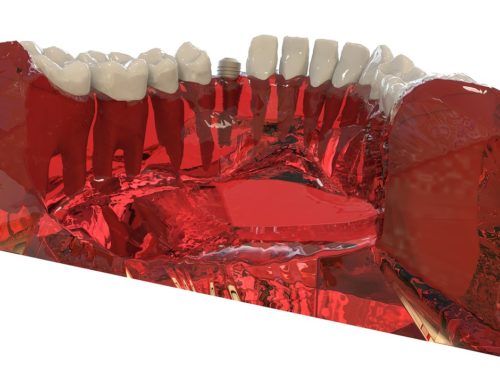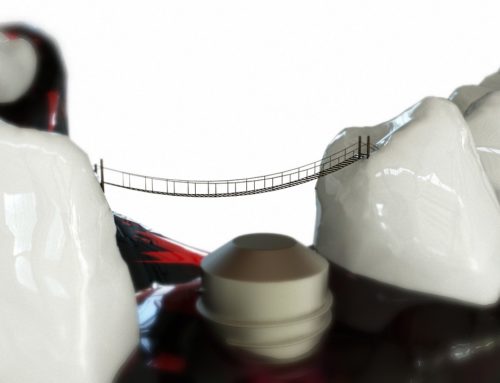It will probably not surprise you to learn that antidepressants are one of the most common prescription drugs in the United States. For many good reasons, antidepressants provide many Americans with important relief from such conditions as depression, anxiety, and other disorders.
Research on Antidepressants
You might not expect your Philadelphia dental implant expert to have something to say about antidepressants; but recent research suggests that taking antidepressants may significantly increase the risk of tooth implant failure. Obviously, this finding may provide important insight into the success and failure of the procedure.
Undertaken at the University at Buffalo School of Dental Medicine by the director of its implant program, the research was inspired by the recognition that more patients are taking SSRIs and new kinds of antidepressants. It built on an earlier study which found a link between SSRIs (selective serotonin reuptake inhibitor) and a higher risk of bone fracture, due to inhibited osteoblasts (cells that help with bone formation). This can have serious consequences for the success of the dental implant procedure.
There are other SSRI side effects which can have a negative impact on dental impact procedures, such as osteoporosis, which weakens bones and makes them brittle; teeth grinding or bruxism; and xerostomia or dry mouth.
In the new study, the Buffalo researchers looked at many factors, including the average age of patients who underwent the implant procedure, their history of smoking, alcohol consumption, and use of medications including antidepressants among other medicines. They did not differentiate between the different classes of antidepressants, which in addition to SSRIs now include SNRIs (Serotonin and norepinephrine reuptake inhibitors) and NDRIs (Norepinephrine and dopamine reuptake inhibitors).
Possibility of Implant Failure
What they found was that the incidence of antidepressant use was notably higher in patients who suffered dental implant failure versus those patients who were not using antidepressants. The more years the patients used antidepressants, the higher the likelihood of implant failure. The next step will be to determine if specific classes of antidepressants increase the risk of dental implant failure.
This line of research should not deter people from taking antidepressants, which can be essential to health and wellbeing. However, it is important for patients and their dental professionals to be aware of this important risk factor, so that the risk can be properly managed.
Take the Next Step
Want to learn if a Dental Implant is right for you? Schedule a consultation at Dr. Farole’s Facial Cosmetic Surgery Center in Bala Cynwyd, PA by giving us a call at (610) 668-3300 today.
Sources
Mental Flossd
rbicuspid.com






